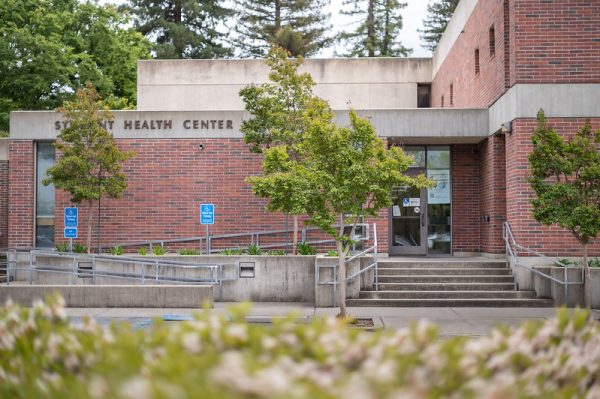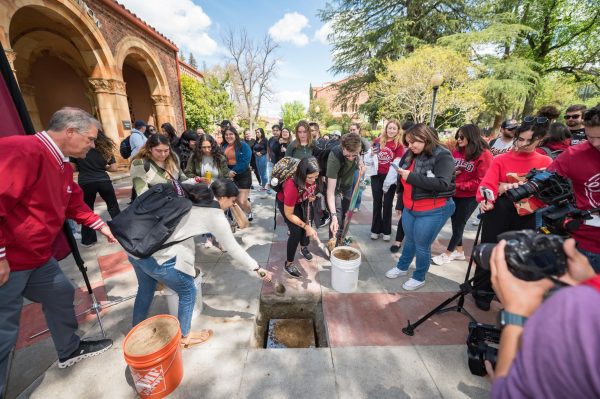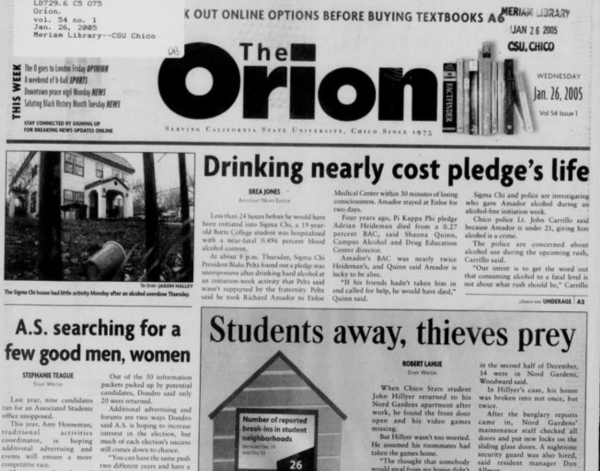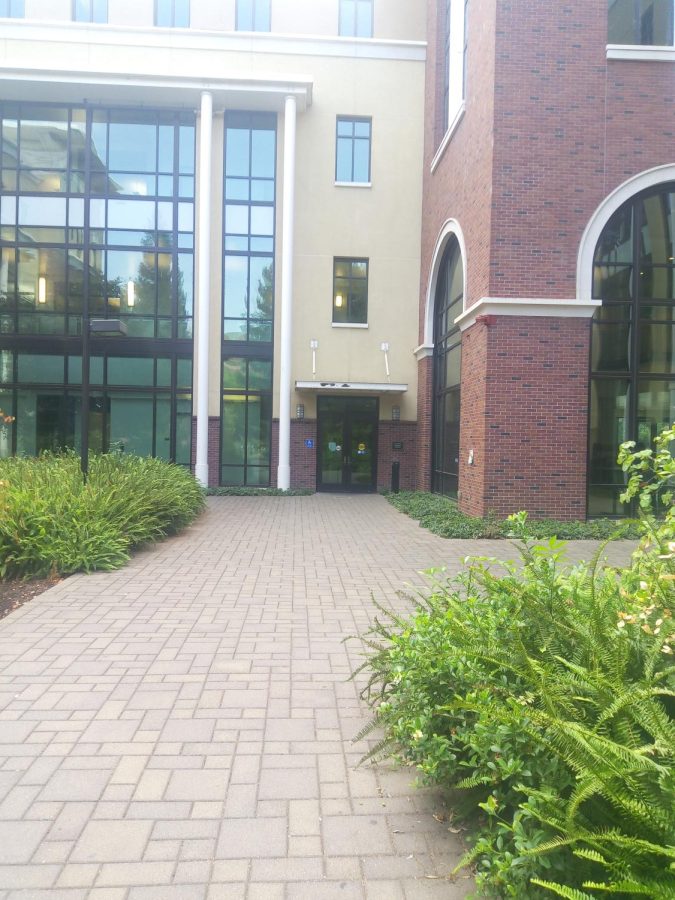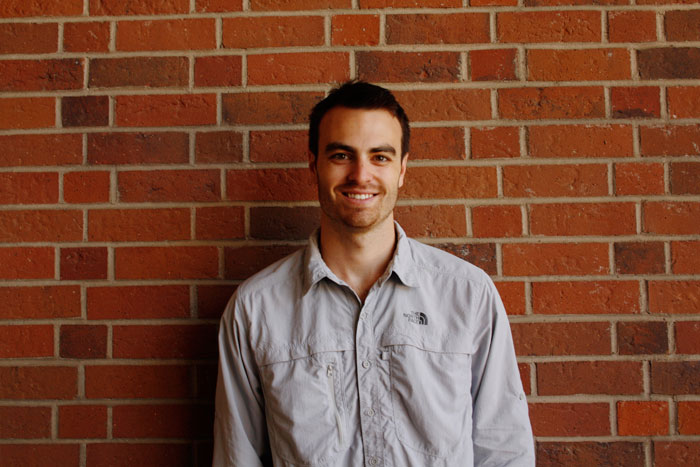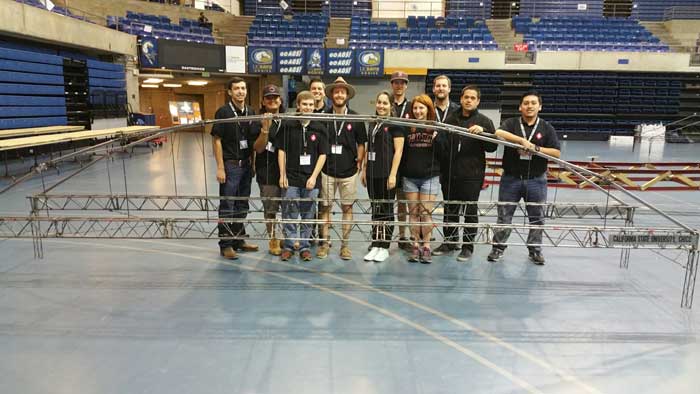Published 2013-03-12T17:23:00Z”/>
Kevin Crittenden
Crises that go ignored grow into catastrophes.
Right now we use water like we breathe air; we don’t really think about it. But within our lifetimes clean water will become ever more scarce.
As the population blooms to new highs, industries exploit lax water regulations, and consumers use millions of gallons of water without consideration, the availability of quality water is drying up.
There is no life without clean water. So why is it such an invisible issue?
We take water for granted; it flows at the turn of a faucet. Period.
When we hear the lecture on conservation the benefits seem abstracted; they don’t feel immediate, so they aren’t recognized as being significant.
Experts like <a href=”http://www.csuchico.edu/bic/”>Robert Glennon, author of this year’s book in common</a>, “Unquenchable”, suggest waterless urinals, composting toilets and shorter showers.
But practical habits and efficient appliances are baby steps in a marathon that spans our existence as a species on earth.
If we’re going to talk water, let’s look at who, or what, is using the most of it.
According to Glennon, it takes 2,500 gallons of water to produce one pound of beef.
Furthermore, while most people assume that the water cycle magically cleanses our drinking water of harmful impurities, research tells a different tale.
The “clean” H2O we do have contains a chemical cocktail of pharmaceuticals, <a href=”http://www.dtsc.ca.gov/hazardouswaste/perchlorate/”>rocket fuel</a> and fertilizer traces. All of these have unknown long-term health consequences.
<a href=”http://usatoday30.usatoday.com/news/nation/2008-03-10-drugs-tap-water_N.htm”>Antidepressants, painkillers and lots of Tylenol</a> get flushed down the toilet and into the water supply. Wastewater gets treated, but traces of the drugs remain.
Science has offered several band-aid solutions like cloud seeding and desalination.
But the problem with cloud seeding, a process as dubious as alchemy, is that a cause and effect relationship is impossible to establish because the “experiment” can’t be controlled or replicated.
And desalination is extremely energy intensive, expensive and delicate; the filters that process the salinated water are finicky and prone to breakage.
At the Wildcat Recreation Center a sudden spike in water usage has raised some eyebrows, yet nobody seems to be able to determine the cause.
Is it because people are taking longer showers? Maybe shower napping? Shower meditation sessions perhaps? Who knows.
One thing’s for sure; we need a transformation that includes both a shift in our everyday patterns of water use, as well as a paradigm shift that gives incentives to consumers and industries to become more efficient.
<hr />
<strong>Kevin Crittenden can be reached at</strong> <a href=”mailto:[email protected]”><em>[email protected]</em></a>

